提高供应商管理效率的ERP系统
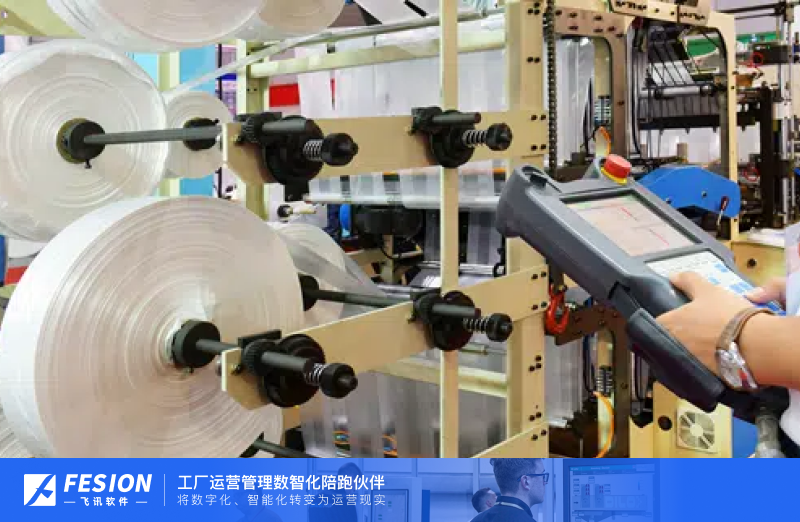
Title: Enhancing Supplier Management Efficiency with an ERP System
Introduction:
In today's fast-paced business environment, effective supplier management is crucial for organizations to ensure a smooth supply chain and maintain a competitive edge. To streamline supplier management processes, many companies are adopting Enterprise Resource Planning (ERP) systems. These systems integrate various business functions, including supplier management, into one comprehensive platform. In this article, we will explore how an ERP system can enhance supplier management efficiency from multiple perspectives.
1. Streamlined Communication:
An ERP system provides a centralized database where all supplier-related information is stored. This eliminates the need for manual tracking and paperwork, reducing the risk of miscommunication or delays. With real-time access to supplier data, employees can quickly and easily communicate with suppliers, ensuring prompt responses to inquiries, orders, or changes in requirements. This streamlined communication leads to improved collaboration and stronger relationships with suppliers.
2. Automated Procurement Processes:
With an ERP system, procurement processes can be automated, saving time and reducing errors. When integrated with inventory management modules, the system can automatically generate purchase orders based on predefined criteria such as stock levels or reorder points. This eliminates the need for manual intervention, ensuring timely replenishment of supplies and minimizing the risk of stockouts. Additionally, the system can track supplier performance, allowing organizations to make informed decisions regarding supplier selection and renegotiation of contracts.
3. Enhanced Supply Chain Visibility:
An ERP system provides real-time visibility into the entire supply chain, enabling organizations to proactively identify potential bottlenecks or disruptions. By integrating supplier data with production planning and forecasting modules, the system can optimize inventory levels and production schedules based on demand forecasts and lead times. This enhances overall supply chain efficiency, reduces inventory carrying costs, and improves customer satisfaction by ensuring on-time deliveries.
4. Improved Quality Control:
Vendor quality is a critical aspect of supplier management. An ERP system can facilitate quality control by integrating quality management modules. Organizations can define quality standards and specifications, track supplier performance against these standards, and capture quality-related data in a centralized database. This enables organizations to identify and address quality issues promptly, reducing the risk of defective products reaching customers. It also provides valuable insights for supplier evaluation and continuous improvement.
5. Enhanced Financial Management:
An ERP system consolidates financial information, allowing organizations to track supplier-related costs accurately. The system can generate comprehensive reports on supplier payments, outstanding invoices, and purchase history, providing a holistic view of financial transactions. This enables organizations to optimize payment terms, negotiate better pricing, and manage cash flow effectively. By integrating financial data with supplier performance metrics, organizations can make data-driven decisions to enhance profitability and mitigate financial risks.
Conclusion:
In conclusion, an ERP system serves as a powerful tool for enhancing supplier management efficiency. From streamlining communication and automating procurement processes to providing enhanced visibility and enabling better quality control, the benefits are substantial. Moreover, with improved financial management capabilities, organizations can optimize supplier relationships and achieve cost savings. As businesses continue to recognize the importance of supplier management, implementing an ERP system becomes a strategic imperative to stay competitive in today's dynamic marketplace.
��Ѷ���������2006�꣬ӵ�������з����뿪��ƽ̨����һ�Ҽ���Ӫ�������졢�ɹ���ȫ��·���ǻ��������Ʒ����̺ͷ����̡���Ʒ�������ֻ����䡢����������������������˾��MRO��ERP��MES��WMS��CRM��SRM�Ȳ�ƷΪ������Ϊ�ͻ��ṩ���ǻ��������巽���滮��������ܷ�����Χ���������Ǻͳ����ǵ����������ڰ����ͻ������к�ʵ�ʳ������ɴ��С��ɴ��µ����ֻ���Ӫ��ϵ�������������Ϣ�����������ֻ��;������ܻ��������⣬Ϊ��ͬ��ҵ����ͬ��ʵ�ֲ�ͬ�ľ�ӪĿ�ꡣ



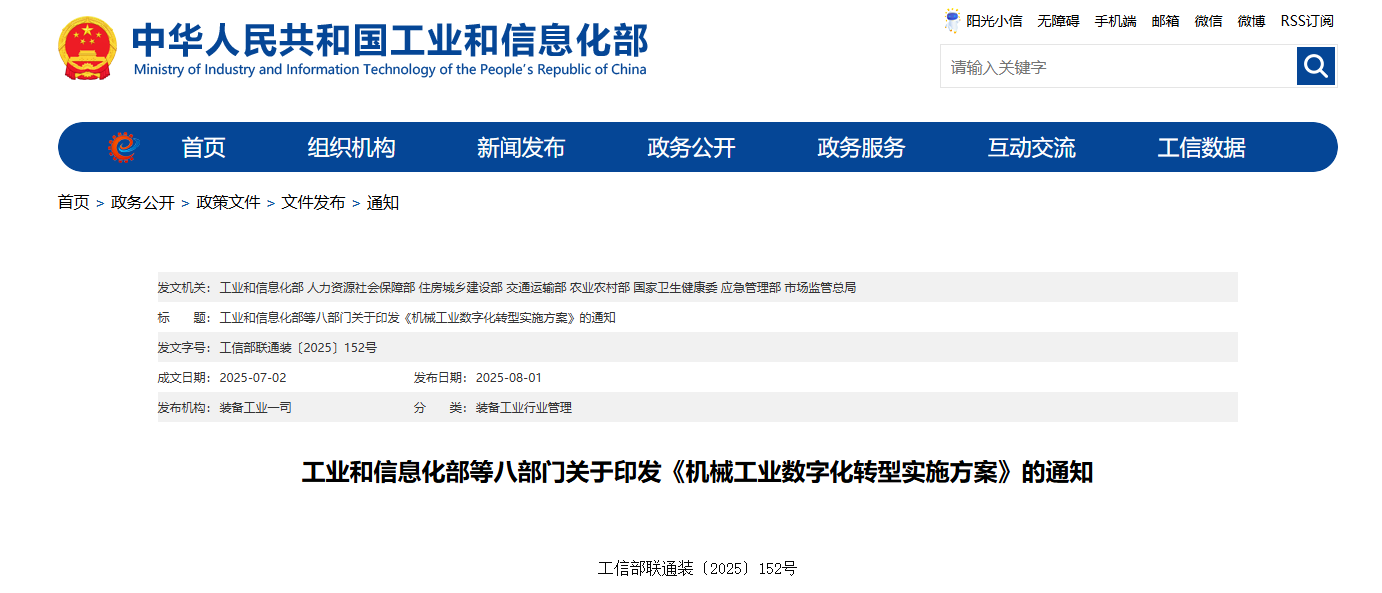

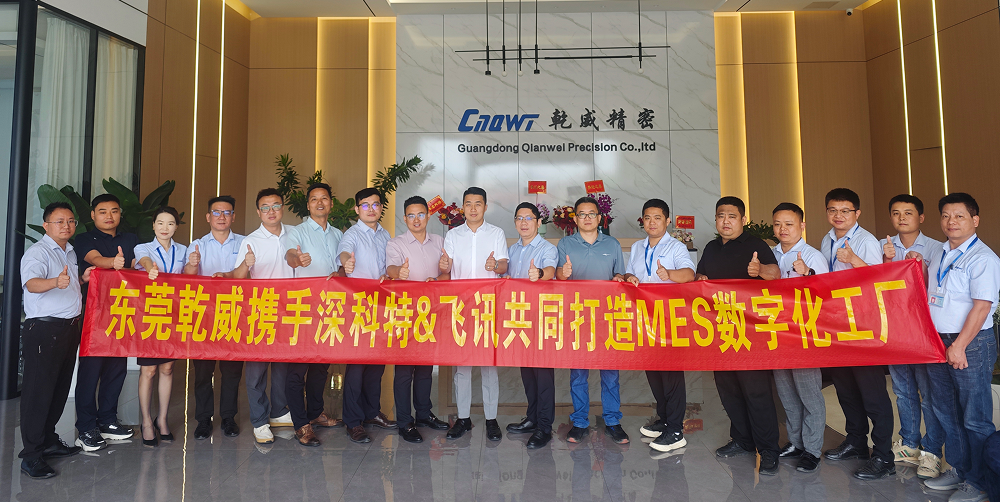
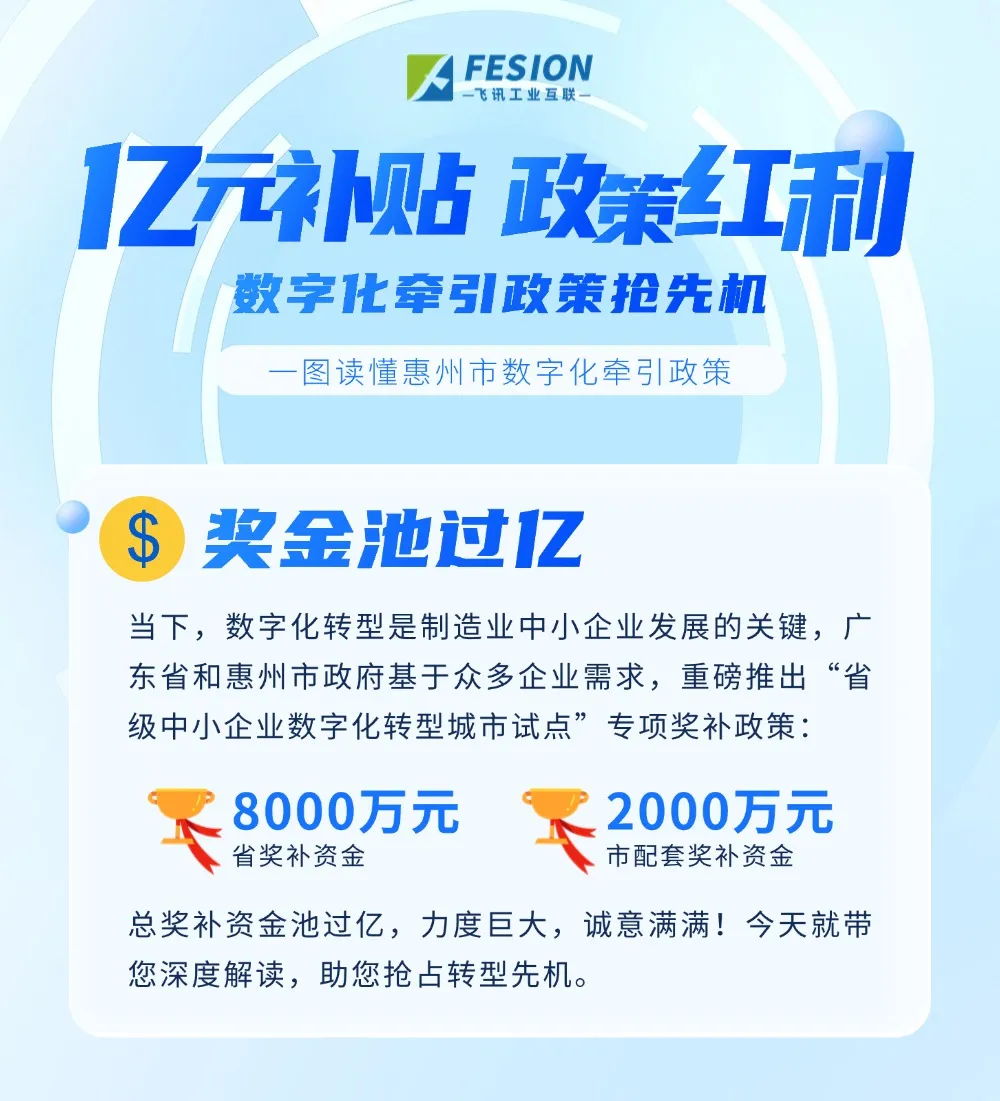



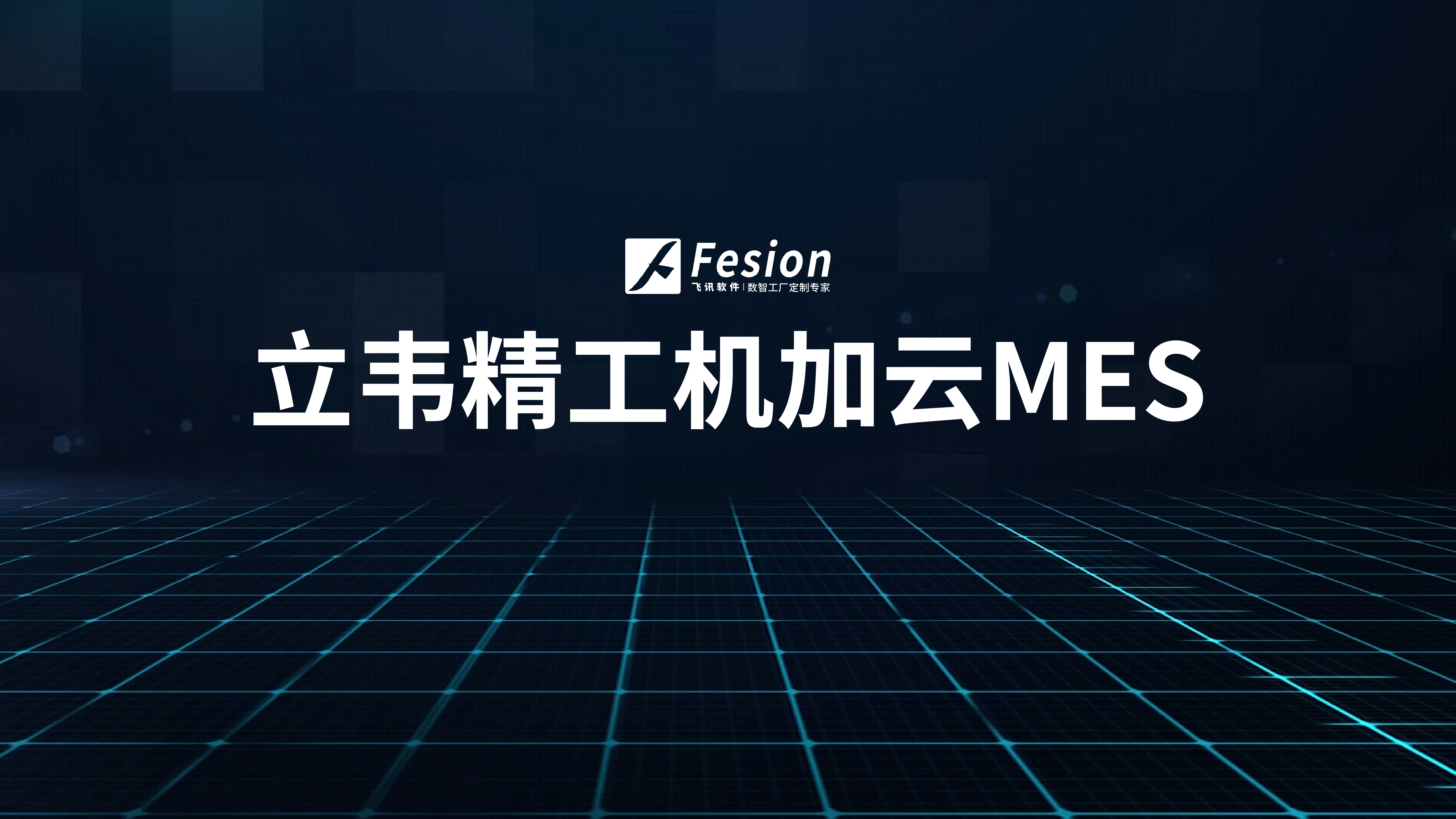
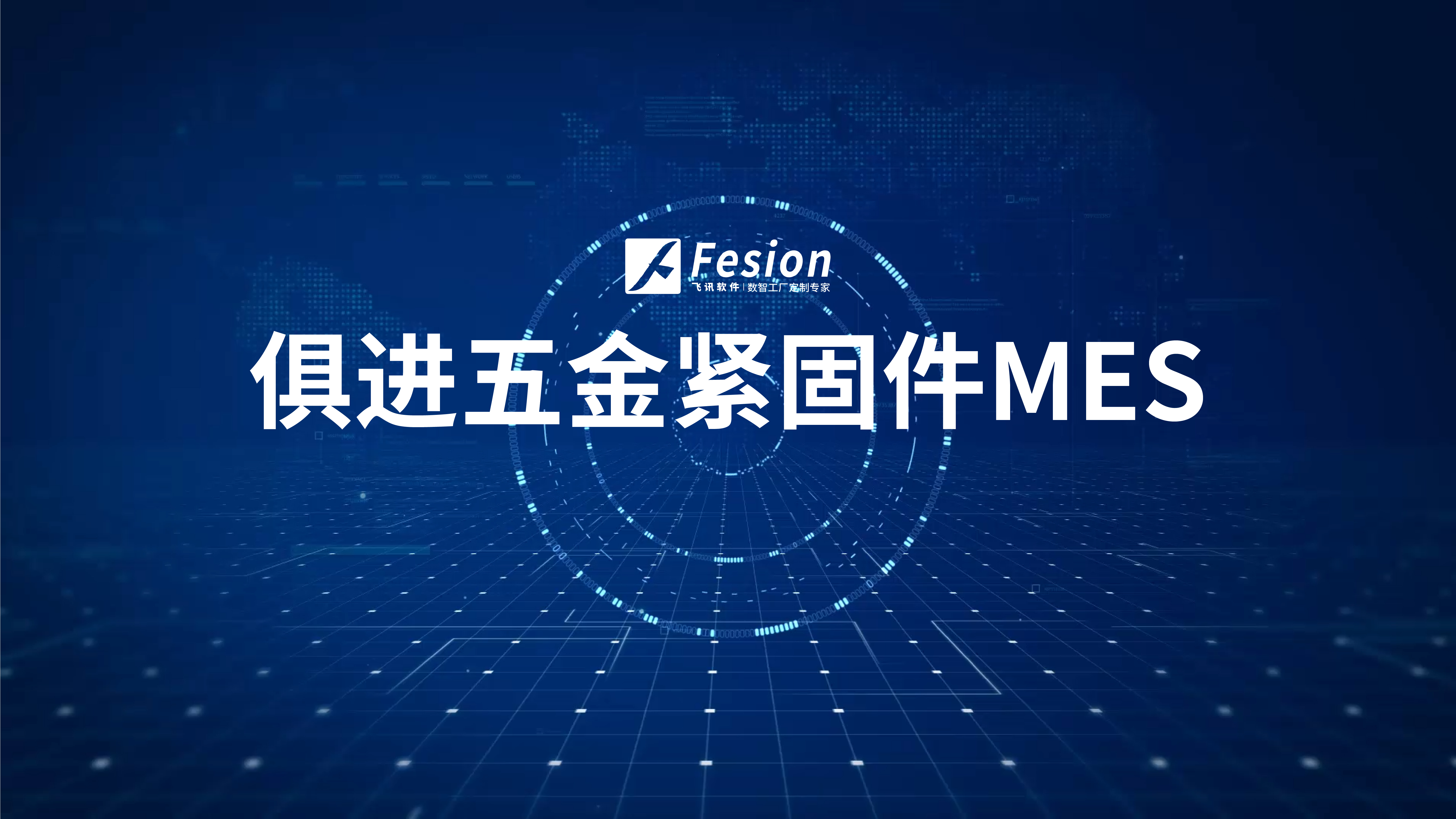
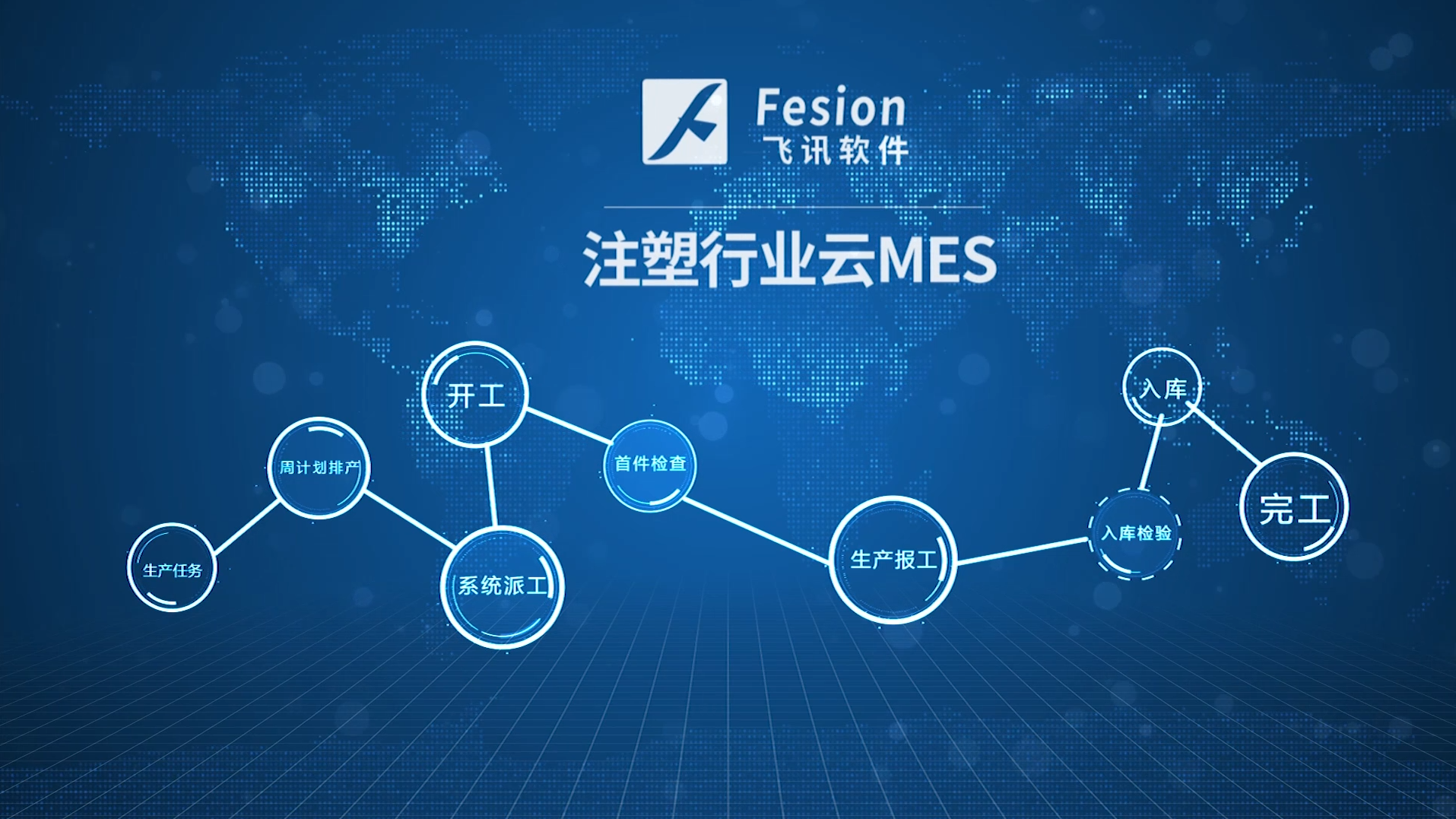










请先 登录后发表评论 ~